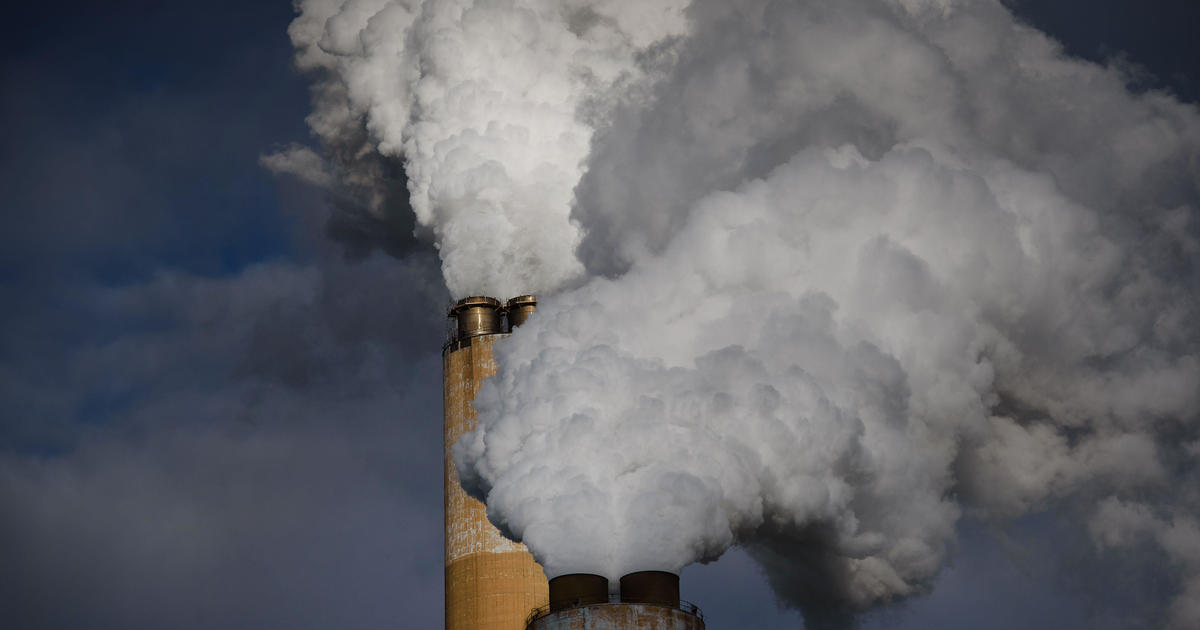
U.S. still off-track for climate goals as greenhouse gas emissions rise for second straight year, new report says
CBSN
Last year began with a warning that the world needs to get on track in tackling the climate crisis as average global temperatures hit a new record. It ended with yet another increase in emissions that trap that heat and add to the dramatic conditions already being felt worldwide.
U.S. greenhouse gas emissions increased for the second consecutive year in 2022, by 1.3% compared to the previous year, preliminary data published by nonpartisan research organization the Rhodium Group on Tuesday revealed. That increase isn't nearly as dramatic as the one seen in 2021, which saw a rise of 6.5% after the onset of the pandemic a year prior caused a major emissions decline, but it is still higher than 2019 pre-pandemic levels.
Of the major emitting sectors, only one saw a decline in emissions. Electric power, the nation's sector responsible for the second-most emissions, made up 28% of all U.S. emissions last year. However, its emissions were slightly lower compared to the year prior as researchers estimate coal usage declined by 8%, making up a total of only 20% of the power sector.

As vaccination rates decline, widespread outbreaks of diseases like measles and polio could reemerge
Health officials in western Texas are trying to contain a measles outbreak among mostly school-aged children, with at least 15 confirmed cases. It's the latest outbreak of a disease that had been virtually eliminated in the U.S., and it comes as vaccination rates are declining — jeopardizing the country's herd immunity from widespread outbreaks.












